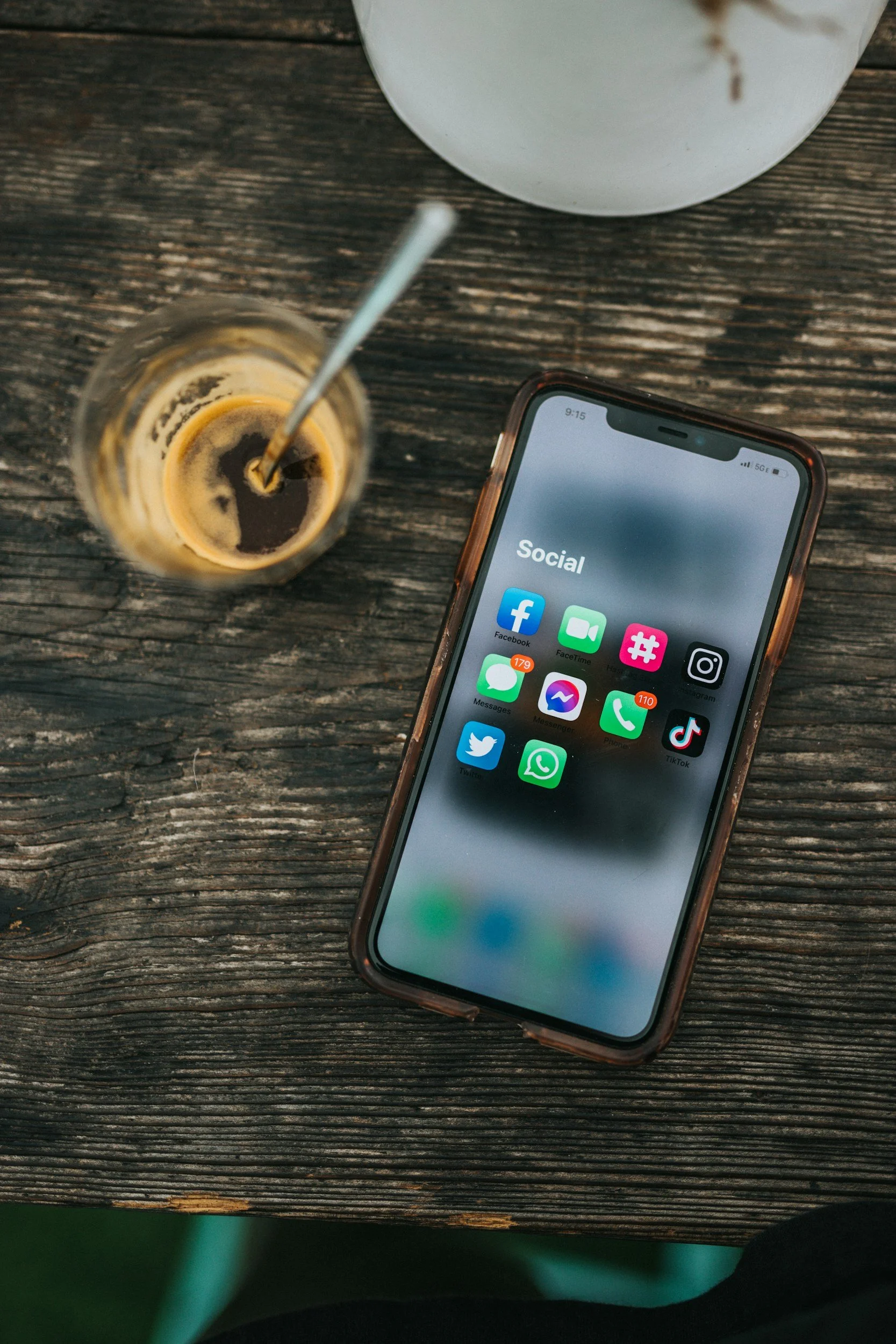By Kenn Heyder
I have hearing loss in both ears, and I wear hearing aids. When I received the diagnosis of hearing loss at age 44, I was filled with so many emotions—confusion, frustration, and a profound sense of loss. I wondered how my hearing had slipped away without my noticing.
I then realized that with a gradual hearing loss, you don't notice what sounds you are missing if you don’t know they are supposed to be there in the first place. After getting my first hearing aids, I discovered a new realm of sound: the rustle of leaves, the melody of raindrops, the fish tank bubbling. I marveled at these everyday sounds that had faded for me.
In the midst of this new world of sound, a thought haunted me: How would a child cope with the loss of hearing?
In that moment I decided I would write a book that would help children facing the same challenges I was. I wanted to create a story that would resonate with young children, guiding them and their families through the uncharted waters of hearing loss with empathy and understanding.
That’s how the idea for my children’s picture book "Jack and the Crunchy Leaves” began. This was a new endeavor for me—my full-time career is being a realtor in Michigan. My family provided some additional inspiration: Sarah and I have a son, Jackson, who is 17. He plays high school lacrosse and became the model for Jack in the book. The cat and fish in the book are modeled after our pets.
I hope that this book can help children understand hearing loss and acceptance through following the story of Jack, who is new to hearing aids and who experiences sounds he has never heard before. Like Jack, young readers will learn that hearing aids can be a superpower.
The illustrator Martin Dirk, along with my copy editor and book formatter, were all amazing partners on what was a long journey to bring the book to life. After finding all of them through the freelance networking site Fiverr, we were all excited to work on a project about the precious sense of hearing.
I am working with my library and bookstores for local readings and school presentations. Meanwhile I am receiving a lot of feedback from people that purchased it for their children or are related to a child with hearing loss, which makes me feel gratitude for being able to share my story and inspire others.
Kenn Heyder lives in Michigan. Find him and more about the book on Instagram @kenn_writes, on Facebook at Kenn Heyder Books, and at kennheyderbooks.com.








These findings suggest that the ability to integrate what is seen with what is heard becomes increasingly important with age, especially for cochlear implant users.